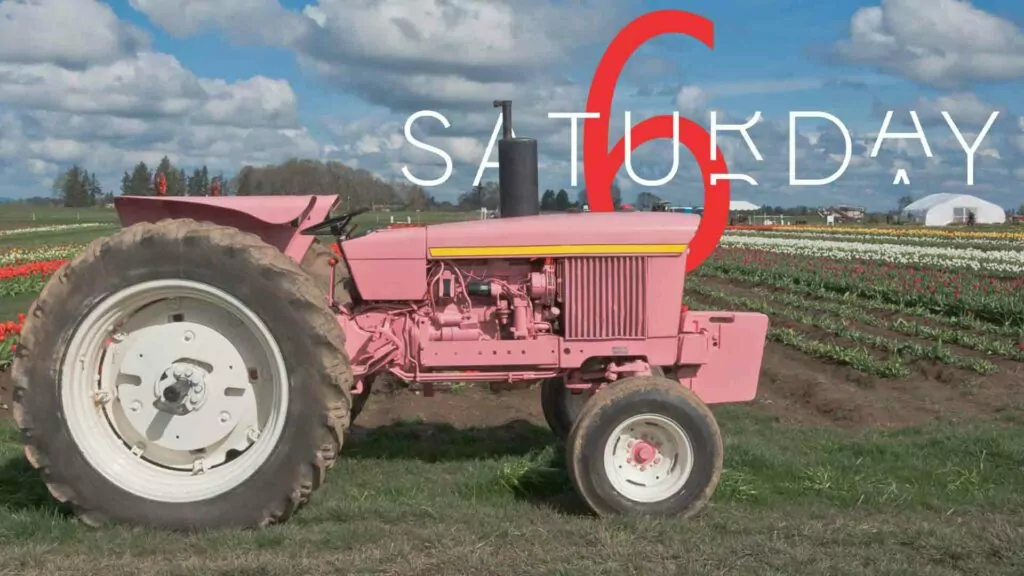In a June 2 Facebook live discussion with fellow Conservative MP Garnett Genius, Arnold Viersen outlined two very different ways that politicians tend to approach problems.
“One of my friends points out that the progressive vote thinks in terms of solutions, and the conservative thinks in terms of tradeoffs. And you can see that even in the COVID response. The progressives: ‘We have got to stop the spread of COVID!’ The conservative will much more think: ‘We have to trade off one health concern for another health concern.’ For example, in Alberta we’ve had, I think, just about 150 deaths from COVID. But in the same time period we’ve had 37 deaths from a lack of heart surgeries. And that’s a tradeoff that we’ve made. It’s not necessarily talked about. But that is the tradeoff.”
That’s a fantastic point. And while Viersen framed it as a conservative vs. a progressive way of thinking, it might better be framed as a Christian vs. secular way of thinking. It is the Christian, after all, who knows why we should be acknowledging that our best efforts will always be trade-offs, rather than solutions for all. It comes down to our more accurate understanding of the world and of our own capabilities.
For the secularist, G.K. Chesterton noted, “Once abolish God, and the government becomes God.” Refusing to turn upwards, the secularist is forced to look sideways for a savior, landing on the government because there is no more powerful human institution. But fallible, fallen, limited Man isn’t savior material, no matter what level of power he attains. So the secularist can only continue placing their hope in government by disregarding the limited nature of Man’s capabilities and character. Then they look for solutions rather than trade-offs because it has become their habit to overestimate what Man can do.
The Christian, on the other hand, has no need to gloss over Man’s limitations. We also understand that time, money, and every other resource, are limited too, such that we need to count the cost before setting out on an endeavor (Luke 14:25-34). And, finally, we know that in this sin-stained world perfection is impossible. That’s why anything we do will always be a tradeoff, with one of the most common being that resources used for one purpose, can’t then be used to some other end.
As Viersen pointed out, when most governments first proposed the lockdowns, we didn’t hear about the other health costs that would come along with doing so. Overall the situation was presented as being lives vs. money, and given that sort of tradeoff, then the choice was clear. And even as an economic tradeoff was noted, the government had their “solution” to that too – they were going to hand out money and lots of it, and we didn’t hear of any downside to doing that.
However, it wasn’t just lives vs. money. The reality was that it was lives vs. other lives. There was a predictable, but overlooked cost that would come from heart surgeries, and other vital medical treatments, that were cancelled or delayed due to our COVID-19 response. There was also the physical and mental health concerns that come with unemployment on such a massive scale. Those weren’t widely acknowledged tradeoffs.
Going forward, one hard-earned lesson we can take from this strange spring is to question whatever “solutions” we are offered (Prov. 18:17). As Christians, we can apply our God-given insights about the nature of Man, and our world, and help those around us by posing the important questions that spring from our better understanding. We can gently yet firmly ask: “What is the trade-off?” and “What are the costs you haven’t yet mentioned?”
Because there will be such costs. In this finite, fallen world every proposal will always involve tradeoffs.











